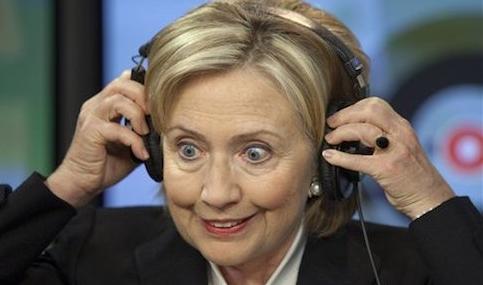While no poll can ever be perfectly representative, the five reasons for inaccurate polls cited here tend to produce results that favor the Democratic and Republican parties. Given that many of these polls are conducted by corporate media companies who also happen to contribute heavily to the two parties, we don't believe these biased methods and slanted results are a coincidence. In support of this view, here are 5 of the main reasons why election polls aren't accurate:
- Pollsters usually only call landlines. This a problem because many younger folk don't own one. Furthermore, retirees are more likely to be home to answer their landlines. This means polls are skewed in favor of candidates liked by the elderly. Younger people are known to favor 3rd parties more.
- Sometimes people under 35 or 40 are intentionally excluded from polls (see video below). The justification is that older folk are more likely to vote. This makes polls needlessly unrepresentative.
- Many polls don't even include 3rd party candidates as an option. They just give the two main candidates and a choice of "other". This biases people towards choosing the candidates listed in the poll. It also prevents 3rd parties from getting the polling figures needed to reach the debate stage.
- Some polls ignore Independent voters altogether (see video below). They only ask registered Democrats and Republicans. Independent voters represent 43% of the population. This makes such polls woefully unrepresentative.
- Most pollsters phrase the question in a way that biases the outcome. They say "who would you vote for today?" rather than "who would you like to be President?" (see video below). This means previous polls bias the result of the current poll, because many people vote tactically based on polling data. This creates a self-reinforcing perception of two-party dominance. Asking who people actually want as President would be a truer measure of current opinion.
Just to give an example of how this works; consider the Green Party. Green Party supporters are predominantly under 35, don't own landlines, are typically classed as Independents, and would be more likely than a Democrat or Republican to change their ideal voting preference to vote tactically. The Libertarian Party has some of the same issues, but probably to a lesser extent.
In other words, 3rd parties are being under-represented in the polls, and it's clearly intentional.







.jpg)


